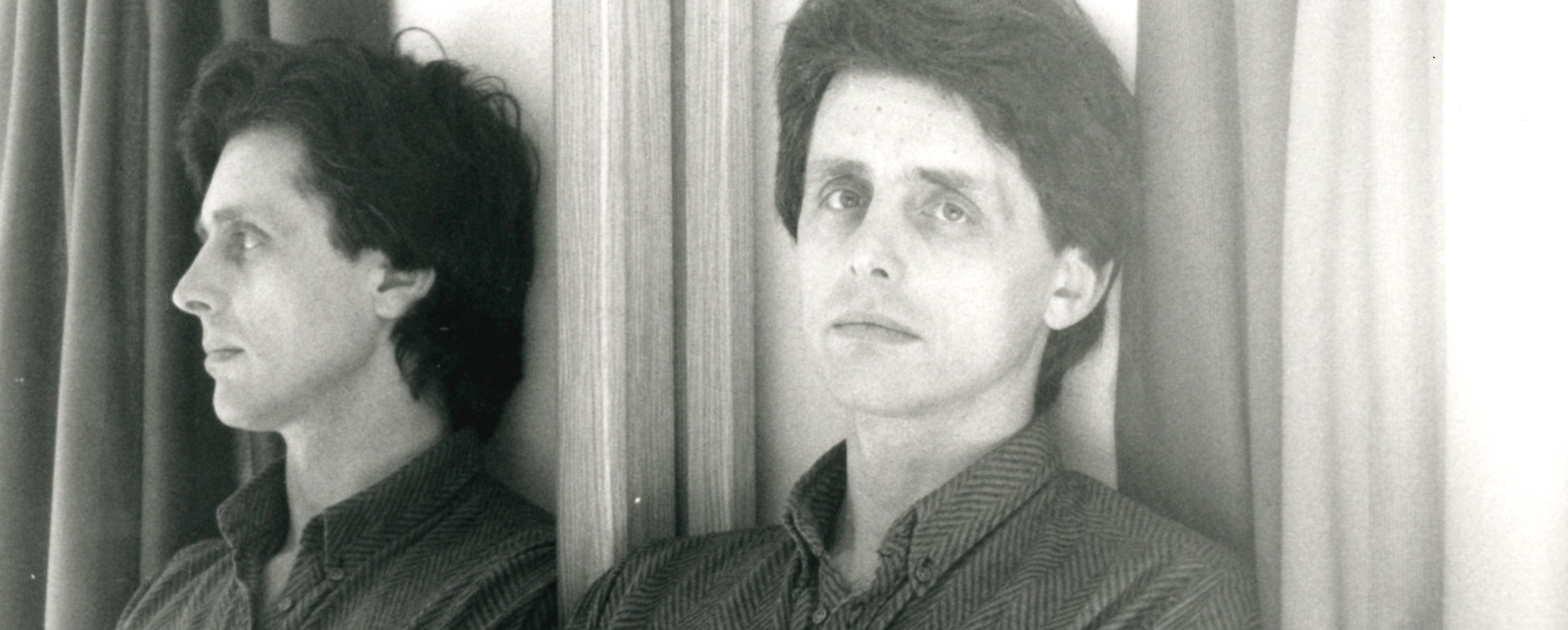
Diana Wallace introduces her new book in the Writers of Wales series, Christopher Meredith.
The inspiration for this book came out of a kind of joke against myself. Talking to Professor Jane Aaron, one of the editors of the Writers of Wales series, I remarked that it was surely high time for a volume in the series on Christopher Meredith. ‘If no one else is interested,’ I said, ‘I’ll write it.’ The joke was that as a monoglot English feminist critic whose specialism was women’s historical and Gothic fiction, I was the wrong person to attempt a study of a bilingual, Welsh male poet-novelist from Tredegar best-known for his classic account of post-industrialisation in Shifts. To her credit Jane recognised otherwise.
In fact, I had admired Meredith’s work since reading Sidereal Time in 1998, soon after I took up a lecturing post at the then University of Glamorgan. Meredith had been teaching creative writing there since 1993, but before that he had been a schoolteacher and a steelworker. Set in a comprehensive school in a south Wales valley, Sidereal Time alternates the points of view of Sarah Bowen, a desperately overworked English teacher, and one of her sixth-form pupils, the seemingly feckless Steven Leyshon. Witty, touching and profound, it is a sophisticated exploration of how we make sense of time and history, space and place. I still think it is Meredith’s most under-rated novel.
As I researched the Writers of Wales book – re-reading Meredith’s work, interviewing him and visiting some of the places that are important in his writing – what increasingly began to fascinate me was the relationship between his poetry and prose. Both writers and critics tend to specialise in one form or the other, but Meredith is unusual in writing equally in both forms (as well as being a translator and a critic himself). He has published four very different novels – Shifts, Griffri (set in twelfth-century Gwent), Sidereal Time, and The Book of Idiots – as well as five collections of poetry. In a conversation, he mentioned that he had sequenced his first two poetry collections ‘like a piece of music so they echo’. Alerted to this, I began to listen for the echoes between his poetry and his novels, and between his two languages. The final study traces the chronological development of Meredith’s writing, as is usual in the series, but it also pairs novels and poetry collections in each chapter to foreground those ‘echoes’.
Meredith is, as I argue in the book, a major writer with an impressive body of work, who has not yet received the wider recognition beyond Wales that he deserves. And for myself, I have learned how much we can gain by stepping outside the categories to which we sometimes confine ourselves.
Diana Wallace is Professor of English Literature at the University of South Wales. She is the author of Female Gothic Histories (2013), The Woman’s Historical Novel (2005) and Sisters and Rivals in British Women’s Fiction, 1914–39 (2000).


